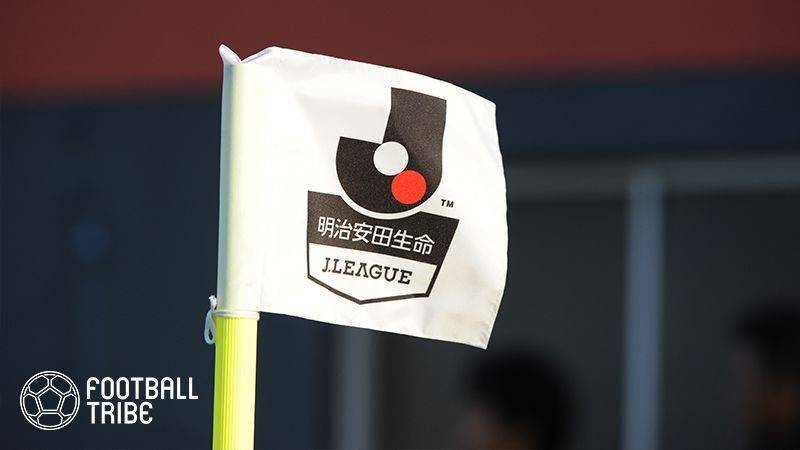
Krishna Sadhana
Football Tribe SEA Editor
J.League chairman Mitsuru Murai announced yesterday that the J.League will abolish relegation for the entirety of the 2020 season, while still allowing promotion between the J.League 1 and J.League 2 as well as the J.League 2 and the J.League 3. This was done due to the ever-shifting threats towards the current 2020 competitive calendar of the Japanese professional league system that was posed by ongoing COVID-19 outbreak.
All 56 member clubs of the J.League voted unanimously yesterday to abolish relegation in a meeting with league executives, with chairman Murai announcing the decision at a press conference held after the meeting. The abolishment of relegation would allow clubs to remain competitive underneath difficult circumstances as well as giving a huge reprieve to clubs whose seasons are affected severely by events outside of their control, such as quarantines and closed-door matches.
“There are going to be a lot of obstacles in the way, and the competition may not be balanced or fair, but we want football to continue,” said Murai in yesterday’s press conference, as quoted from The Japan Times, “There are areas with lots of infections and areas with none where kids are already going back to school. Some teams may be able to play, and other teams might not be able to, disrupting the integrity of the competition. Some teams might have to deal with several games behind closed doors on short notice. If we play during the Olympics or international match windows then teams may be without their national team players. Even if managers have to use players from their youth team (to fill the squad in the event that top-team players are quarantined), we want matches to be played.”
Underneath normal circumstances, the bottom two teams in the J1 will go straight down to the J2, with the team finishing third-bottom playing a playoff game against a J2 side to decide the final spot in next season’s J1. Normal circumstances also see teams finishing in the bottom two spots of the J2 going straight down to the J3. However, with relegation being abolished, the season-ending playoff game will be scrapped as well for 2020, with two teams being promoted as usual from the J2 to ensure a 20-team J1 in 2021. To fill in the void left behind by the two promoted teams, the top two teams of the 2020 J3 will be promoted at the end of the season, thus ensuring that the J2 remains at 22 teams for 2021.
In order to ensure that things would go back to normal in 2022, four teams will be relegated out of the J1 at the end of the 2021 season while two, as usual, will be promoted from the J2, which means that by 2022, the J1 will be back in its normal 18-team format while at the same time the J2 retains its 22-team formation.
However, the J.League had raised possibilities that the 2021 season will saw the J1 and the J2 being played with an odd number of teams, due to the fact that not all teams within the J.League have the proper license to play in the tier above their assigned tier, especially teams in the J3. For example, Blaublitz Akita won the J3 in 2017 however it was runners-up Tochigi SC who got promoted to the 2018 J2 due to Blaublitz lacking a J2 license. Another similar case occurred in 2014 when Giravanz Kitakyushu, who finished 5th in the 2014 J2 season, were denied a place in the promotion playoffs between teams finishing 3rd-6th in the league due to them lacking a proper J1 license – a problem since rectified with the opening of their new Mikuni World Stadium in 2017.
With the J.League set to restart on April 3rd, Murai hopes that at least 75% of this season’s fixtures will be played in its entirety come end of the season to ensure that the 2020 season will be considered complete and promotion between the three tiers can be implemented. While the chairman had insisted that the J.League will try and play out all 100% of their fixtures, possibilities are being raised that not all of this season’s matches will be played due to not only the delays caused by COVID-19, but also the upcoming 2020 Tokyo Olympics.
With March 25th being the date on whether the final decision to restart the league on April 3rd will be announced or not, teams all over Japan have been working hard together with J.League officials to ensure that spectators will be able to enjoy games safely without the worries of contracting COVID-19. Masks and disinfectants are being collected, however, there are shortages in thermometers due to the increase in demand.
Two days before the announcement regarding the decision on restarting the J.League, the J.League and Nippon Professional Baseball’s joint coronavirus task force will hold their fourth briefing on March 23rd.


